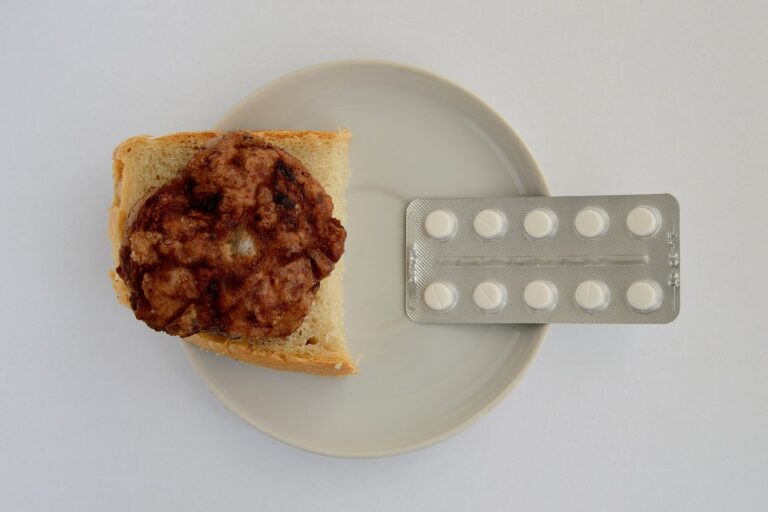Exploring the Link Between Nutrition and Mental Health Disorders
Eating a balanced diet isn’t just important for physical health; it also plays a crucial role in mental well-being. The foods we consume provide the essential nutrients that our brains need to function properly. Research suggests that deficiencies in certain vitamins and minerals can impact mood, cognition, and overall mental health.
Moreover, the gut-brain connection highlights how our digestive system and brain are intricately linked. The health of our gut microbiome, which consists of trillions of bacteria, can influence neurotransmitter production and communication within the brain. By maintaining a healthy diet rich in fruits, vegetables, whole grains, and lean proteins, individuals can support both their physical and mental health.
Understanding the Gut-Brain Connection
Research in recent years has shed light on the intricate connection between the gut and the brain. The gut-brain axis plays a pivotal role in regulating various aspects of our physical and mental well-being. The communication between the gut and the brain is bidirectional, with signals traveling back and forth through neural, hormonal, and immune pathways. This interaction influences a wide array of processes, including mood, cognition, and even behavior.
The gut is home to trillions of microorganisms, collectively known as the gut microbiota. These microbes play a crucial role in maintaining gut health and impacting brain function. The composition of the gut microbiota can influence neurotransmitter production, inflammation levels, and even the integrity of the blood-brain barrier. This intricate interplay underscores the importance of a balanced and diverse gut microbiome in supporting optimal brain health and cognitive function.
What is the gut-brain connection?
The gut-brain connection refers to the bidirectional communication between the gut and the brain, where signals are constantly being sent back and forth.
How does diet impact mental health?
Diet plays a crucial role in mental health as it can influence the composition of gut bacteria, which in turn can affect mood, cognition, and overall mental well-being.
Can gut health affect brain function?
Yes, gut health can significantly impact brain function. A healthy gut is essential for proper neurotransmitter production and signaling, which are crucial for mental health.
What are some ways to improve the gut-brain connection?
Consuming a balanced diet rich in fiber, probiotics, and prebiotics can help improve gut health and subsequently enhance the gut-brain connection. Additionally, managing stress levels and getting regular exercise can also benefit the gut-brain axis.
Are there specific foods that can help support a healthy gut-brain connection?
Yes, foods like fermented foods (e.g., yogurt, kimchi), fiber-rich fruits and vegetables, and foods high in omega-3 fatty acids (e.g., fatty fish) can all support a healthy gut-brain connection.
Can gut health impact mental health conditions such as anxiety and depression?
Yes, there is growing evidence to suggest that gut health can impact mental health conditions like anxiety and depression. Improving gut health through diet and lifestyle changes may help alleviate symptoms in some individuals.





